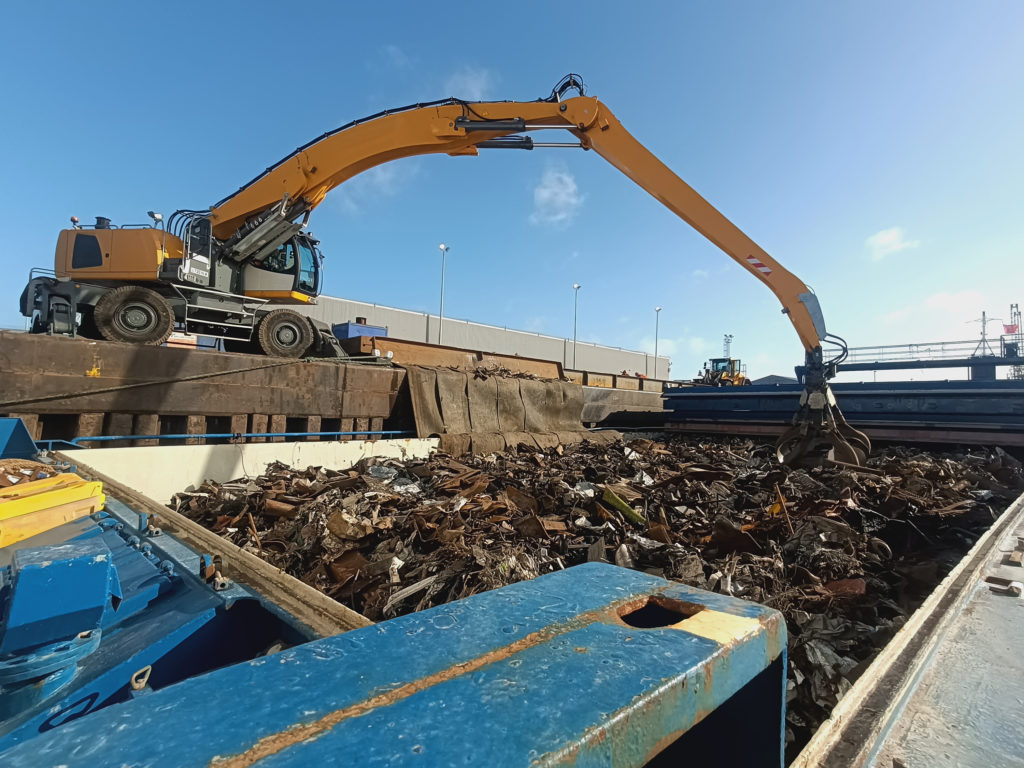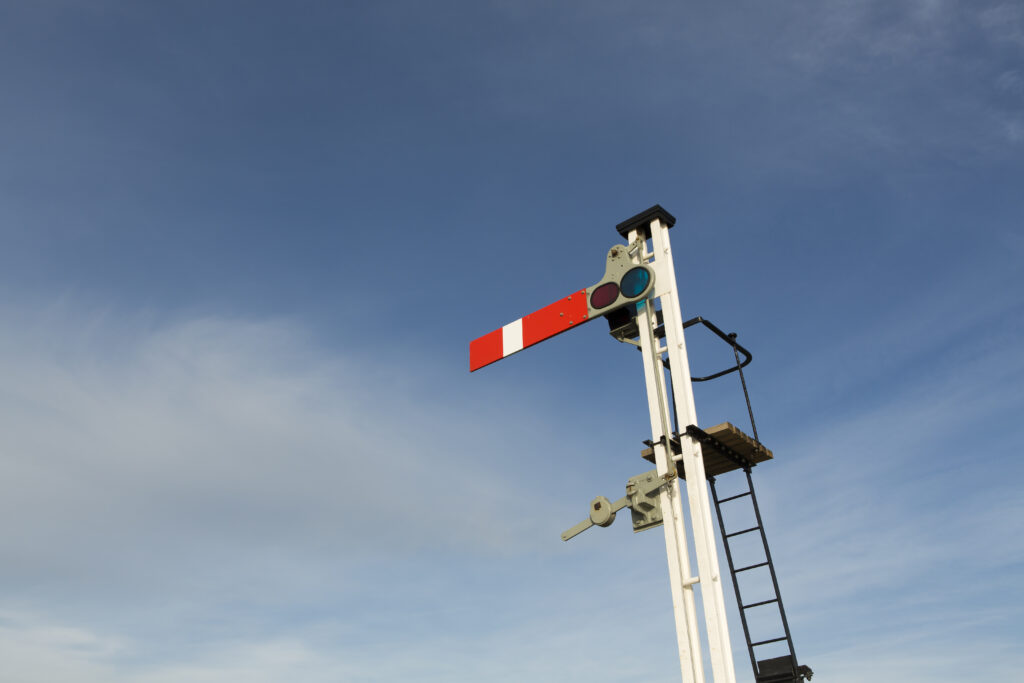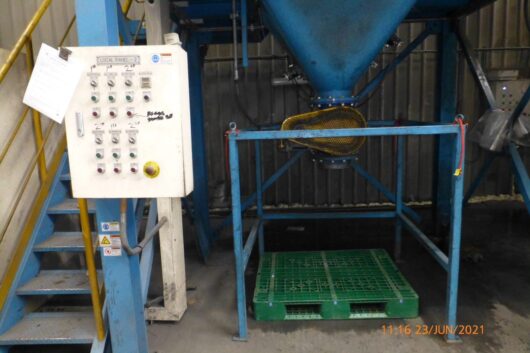At the meeting of the Ferrous division of the Bureau of International Recycling (BIR) last week, attendees heard that healthy recovery in the EU and across the European continent has given way to cuts in capacity utilisation.
“Ferrous markets have seen a remarkable turnaround in fortunes in the past year with EU steel production declining; Turkish production and steel scrap imports also down; and a contrasting growth in Indian scrap buying,” the BIR said.
For Turkey, the BIR said it’s been a year when the country has struggled to consume and imports volumes and those volumes have been replaced by South Asian buying. “It’s an enormous change of fortune.”
Against a backdrop of a 20.2% year-on-year fall in Turkey’s steel production in July 2022 and a 40.9% year-on-year slump in steel scrap imports in July, the BIR noted that demand for finished steel has been poor. “These trends do not come without consequences for scrap sellers across the world.”
Turning to the Indian market, the BIR noted a growing preference for bulk scrap in the region. “India has seen exponential increases in bulk steel scrap bought in recent months… with bulk prices becoming cheaper than containerised scrap.”
Russia
While higher energy costs and lower demand had played their part, the BIR also indicated how Russia’s invasion of Ukraine had been “a large contributing factor” in lower prices for scrap.
The BIR added that Russian billet traders had turned to Turkey offering cut-price deals as they are unable to sell in many markets because of sanctions.
Emphasis
The shift in emphasis in Europe was underlined by the division’s president Dennis Reuter of TSR Recycling GmbH & Co KG in Germany in a panel discussion.
He said: “Inflows are not that high, to put it mildly, and we are really struggling to secure material. Due to energy prices, demand from the steel mills is not that great.”
A second presentation, from Sanjoy Kumar Ghosh, head of supply chain management, BSRM Steels Limited in Bangladesh, considered scrap demand, opportunities and future growth in that country.
He pointed out that drivers included major new infrastructure projects and growing purchasing power with Bangladesh’s GDP expected to rise 7.2% this year. He, too, affirmed observations of a switch to bulk scrap imports, which had moving from roughly parity with container scrap in 2020 to a 68/32 split in the last financial year and 70/30 most recently.
Panellist Salam Al Sharif, of the Sharif Metals Group in Dubai, said the region’s steel industry had been transformed. “We have shifted from an export-orientated region to almost becoming a net importer,” he said. “They are getting all the metals in, demand is gearing higher and expansion in our steel mills is expected to increase three- to fourfold in the next five years.”
The BIR is the international trade association of the recycling industries. Around 70 countries are represented through their national trade associations and individual companies, which are involved in recycling.
Join the UK’s largest gathering of metal and vehicle recycling professionals at the Metals Recycling Event. Taking place on 24-25 May 2023, find out more and register your interest at www.metalsrecyclingevent.com












Subscribe for free